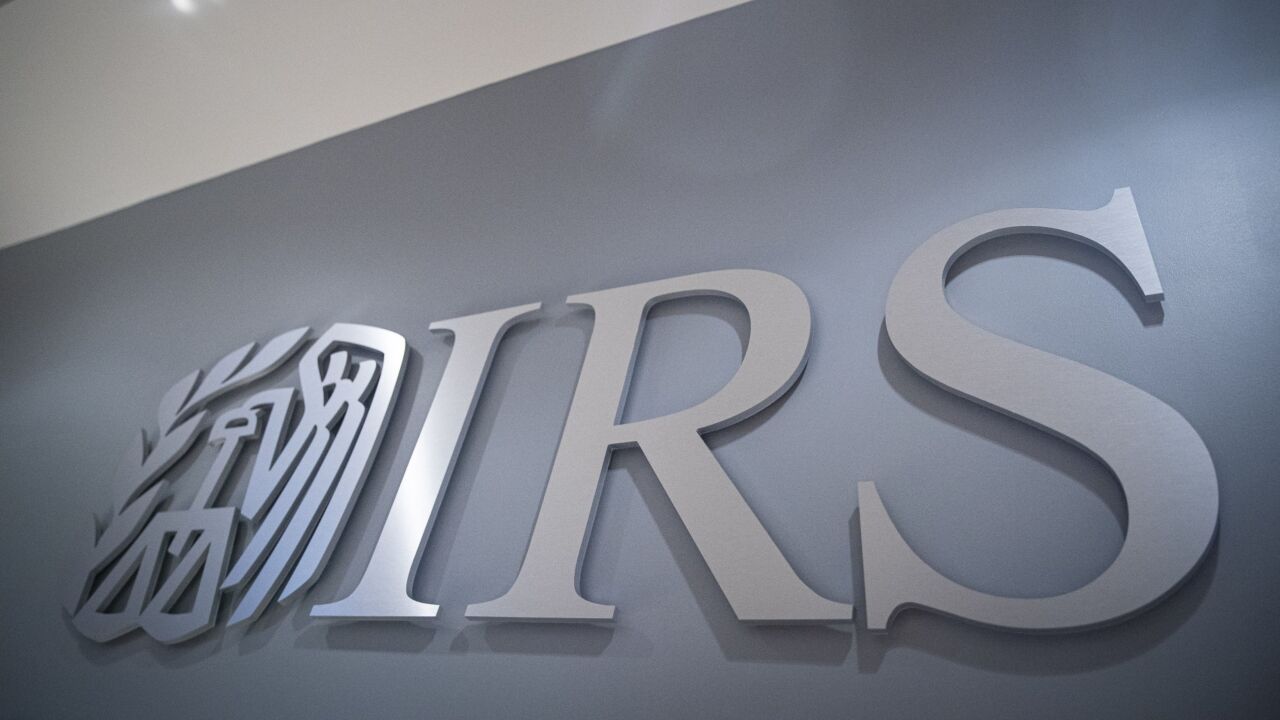The growing use of "cross-chain bridge services" — which transfer cryptocurrency from one blockchain to another, bypassing any centralized entities like an exchange — has made it more difficult to track cryptocurrency payments, especially where it concerns money laundering. One such service alone, RenBridge, is believed to have laundered over $500 million in criminal proceeds.
This is according to a recent report from
An analysis by the company found that one cross-chain bridge in particular, RenBridge, has been used to launder at least $540 million in cryptoassets originating from theft, fraud, ransomware and other types of criminal activity since 2020. It also said RenBridge is an important facilitator for Russia-linked ransomware gangs, with over $153 million in ransom payments laundered through the service to date.
Purloined cryptocurrency makes up the biggest portion of illicit activity said to be laundered through RenBridge, accounting for 49.2% of known proceeds, followed by:
- Payments from ransomware attacks, at 28.4%;
- The mysterious "other" at 10.8%;
- Money from Ponzi schemes, at 9%;
- Dark net markets at 2.1%; and,
- Stolen credit cards at 0.5%.
While the use of cross-chain bridges has made cryptocurrency more difficult to track, the report says it is not impossible because there remains a great deal of transparency in the sector. Doing so, however, usually involves long manual searches. Elliptic recently released software that provides automation solutions for such investigations.





